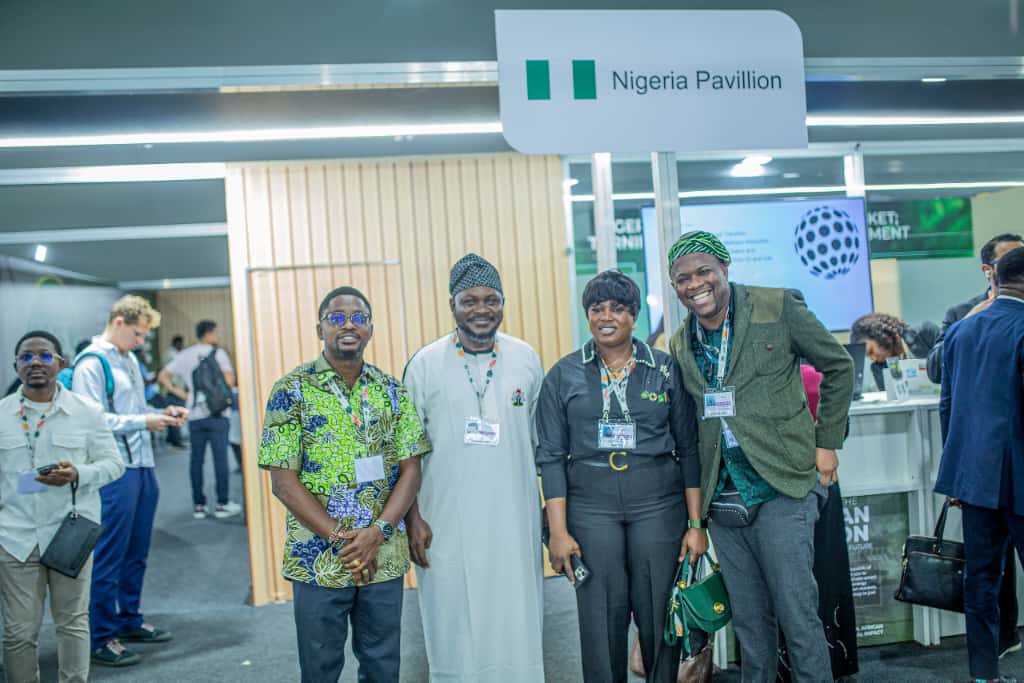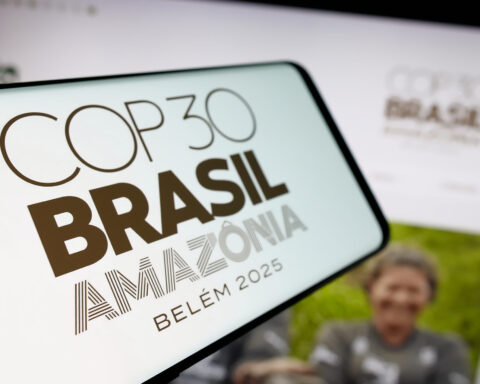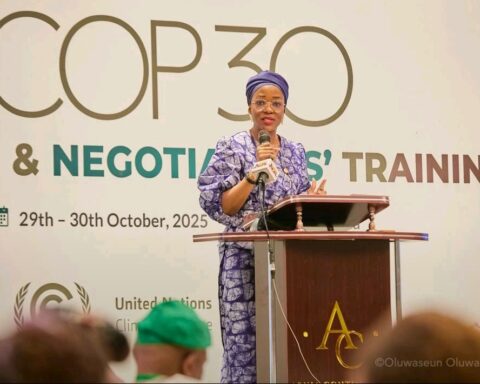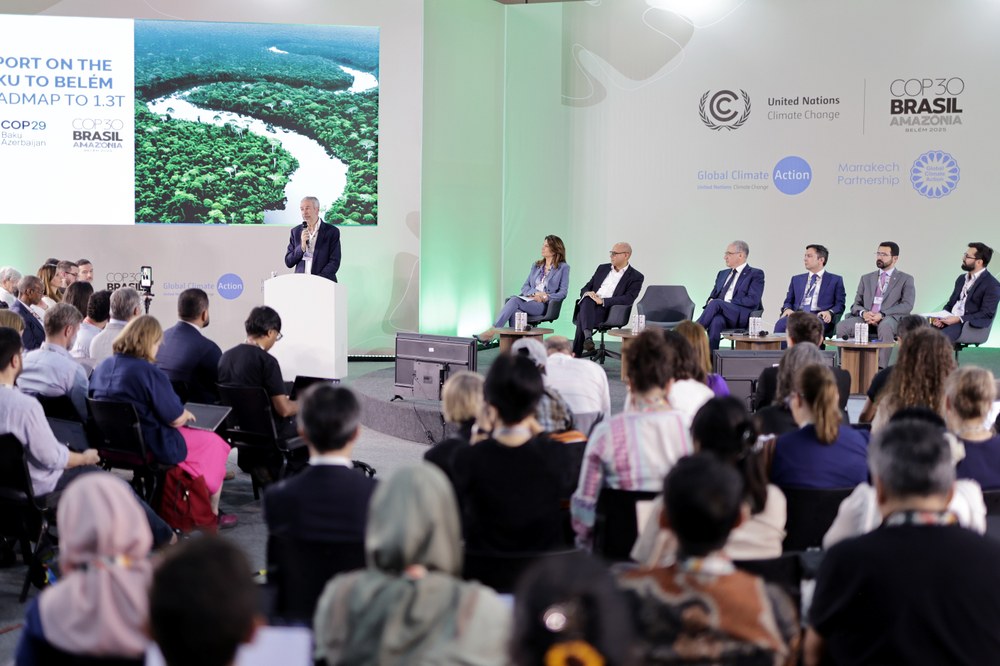Belém, Brazil. The city at the mouth of the Amazon River is humid, stormy and charged with urgency as tens of thousands gather for COP30.
For many African climate innovators, this is not just another conference. It is a test of whether global climate promises can finally translate into real opportunities for real people.
Belém carries its own reminders of why this matters. Nearly half of its residents live below the poverty line. Many live in informal settlements that are vulnerable to flooding and heat.
The climate crisis is not abstract here. It is daily life. Brazil, serving as host, has tried to ground COP30 in that reality by emphasizing implementation, climate adaptation, nature based solutions and just transitions that protect the most vulnerable.
“Climate conversations must convert to climate opportunities for real people,” said Chaste Inegbedion, Head of Happiness at ConcordeApp and Head of Failure and Social Experiments at the Semaform Foundation.
“For Africa, every negotiation paragraph must link back to green jobs, accessible finance and transparency. If we do not track the money, from green bonds to climate funds, vulnerable communities will never see the benefits.”
This year, Inegbedion is speaking across several COP30 platforms including Youth on the Move, hosted by CCIS and Success Hands Tanzania, and The Future of Work in the Green Economy hosted by Vivacity Development, LASEPA, SDGs Lagos and ANEEJ.
At the HEDA Resource Centre event moderated by Channels Television anchor Ayoola Kassim, Inegbedion raised a question that many in the room had been thinking.
“What if the money meant to fight floods, droughts and hunger quietly slips away before it even leaves the bank? How do we track this money using artificial intelligence so the funding reaches the civil society organizations that can actually get the work done?”
Amid these conversations, Inegbedion launched greenjobs.concordeapp.com, an AI powered tool that helps African talent access climate jobs and training opportunities.
“The world’s biggest brands are scaling breakthrough innovation, but too many African climate warriors are stuck in Pilot Purgatory,” he said. “This platform helps connect the right talent to the right solutions at the right time.”
Inegbedion also shared the tool with senior officials in the Nigerian Presidency. Yusuf Kelani, Special Assistant to the President on Climate Change Matters, reaffirmed Abuja’s commitment to better coordination and data sharing among non-state actors.
He highlighted ongoing efforts to map climate stakeholders across Nigeria to improve transparency and cooperation.
In a meeting with Olamide Fagbuji, Senior Special Assistant to the President on Climate Technology and Operations at the National Council on Climate Change, discussions centered on the need for more innovation showcases and deeper partnerships with private sector actors.
Afreximbank was mentioned as a key institution for elevating climate innovation pitches not only at the next COP but throughout the year at global gatherings including the Commission on the Status of Women, the UN General Assembly, the World Bank and IMF Meetings and the World Economic Forum.
Inegbedion also introduced an ecommerce sustainability concept led by Ayodeji Solomon Razzak, Creative Director at SommerGraeyson.
While policy dominates the headlines, community leadership remains a quiet force. Advocates like Ebaide Omiunu, who train women to install and maintain solar panels, are preparing for a December event that will celebrate women as engineers, leaders and energy providers in their communities.
Climate finance is another major theme in Belém, with negotiators focused on Article 9.1, alignment of financial flows with Article 2.1c, stronger national commitments and more adaptation funding.
The first funding window for the Loss and Damage Fund has opened with two hundred and fifty million dollars in initial support. Experts say it is a start but far below what is needed.
Subnational energy is also rising. California Governor Gavin Newsom arrived in Belém and signed new climate cooperation agreements with Nigeria and Kenya. These growing partnerships show how much momentum lies outside traditional national pathways.
As Brazil positions COP30 as a moment of implementation, its proposed Baku to Belém Roadmap calls for global climate finance to reach at least one point three trillion dollars per year by 2035. Whether the world can meet that expectation remains uncertain.
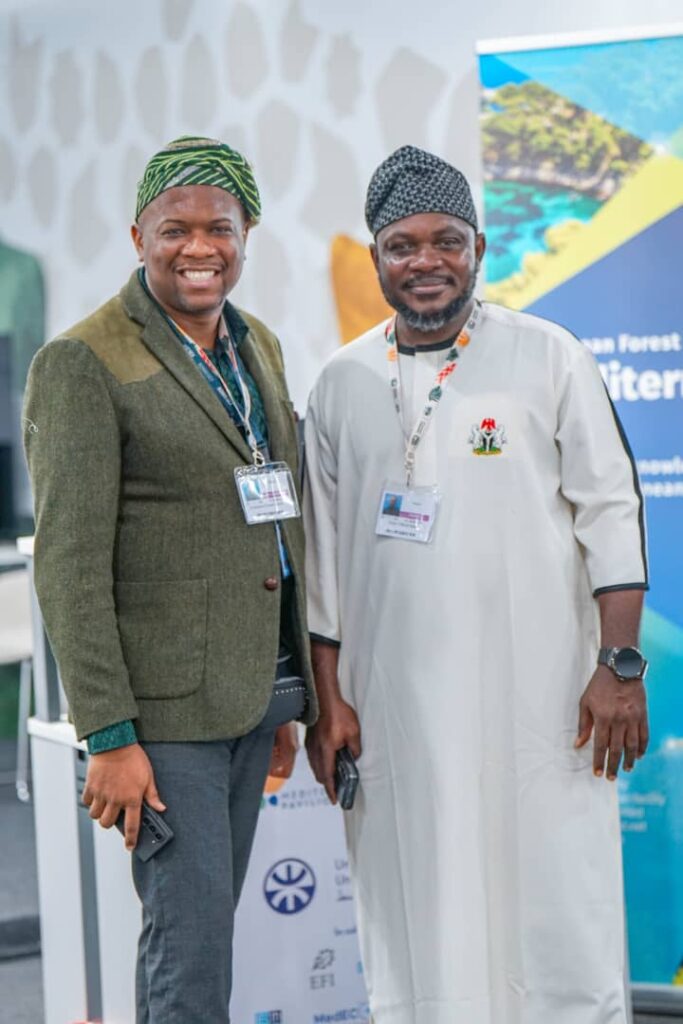
For Inegbedion, the path is clear. “Track the money. Train the people. Deploy the solutions,” he said. “That is how we build a future that includes everyone.”
By Chaste Inegbedion


